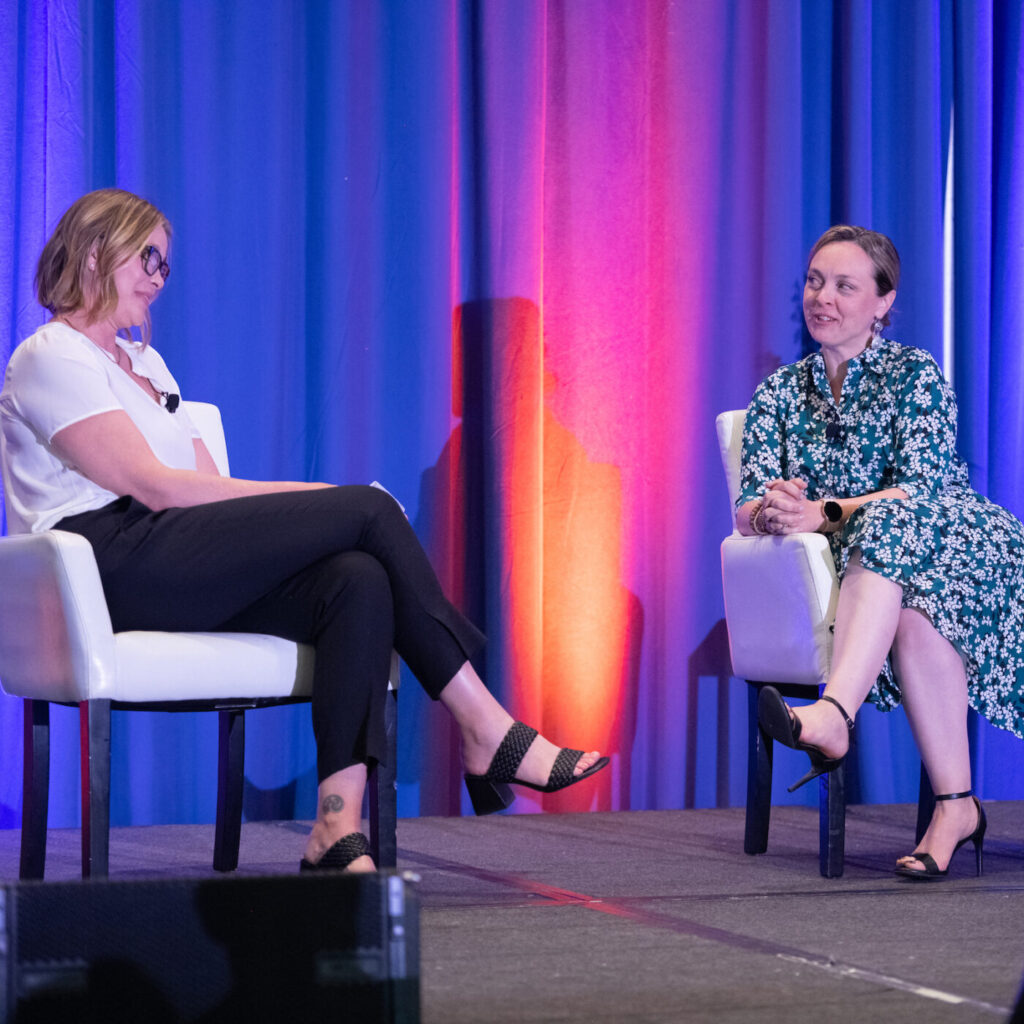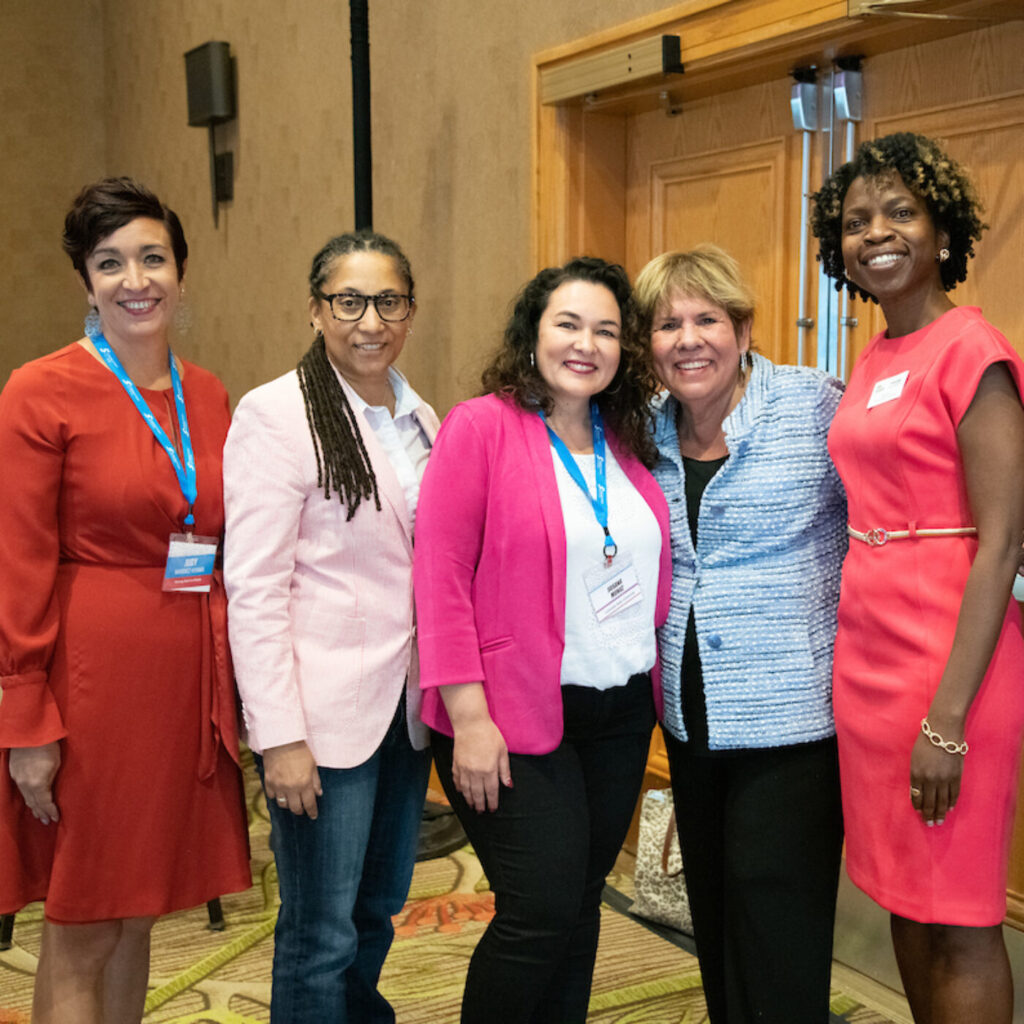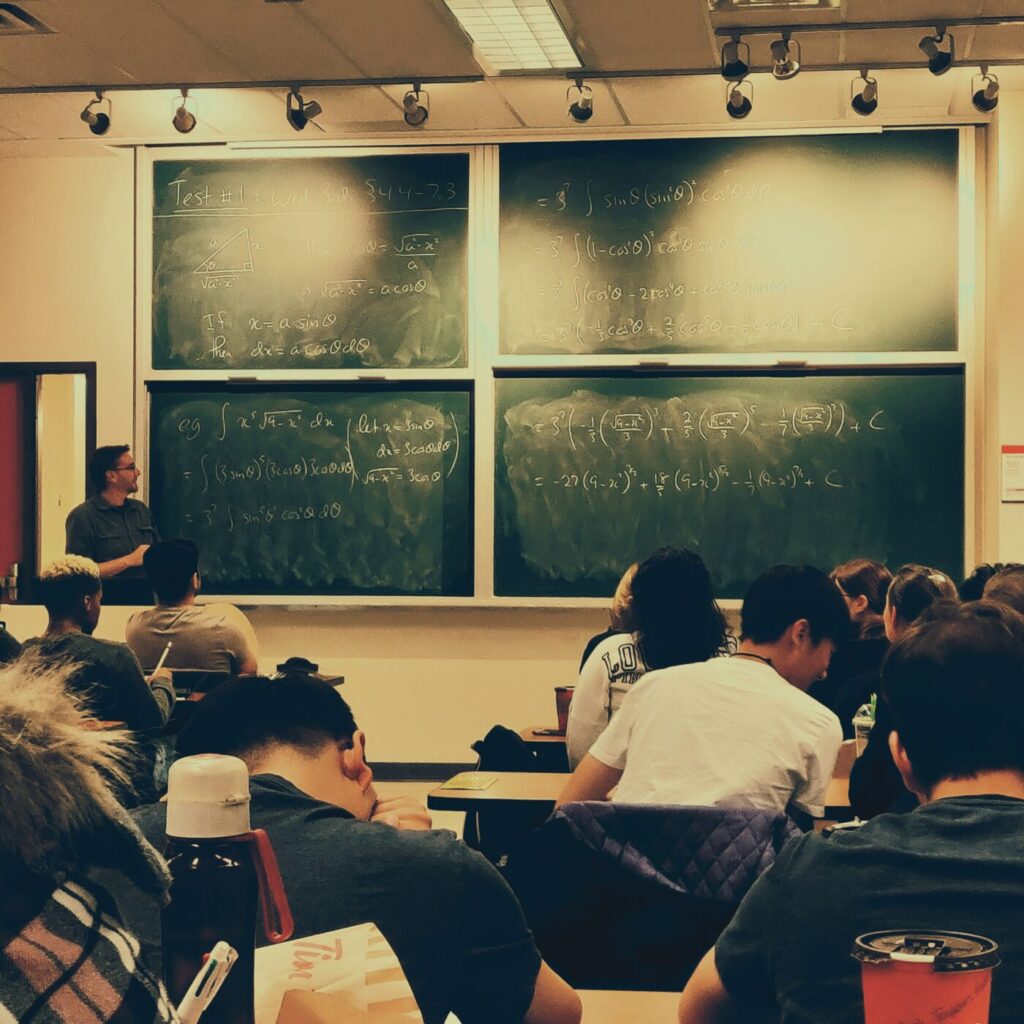Given the impacts on higher education during the pandemic, students need access to high quality, well trained advisors to help them make sense of dizzying career and academic choices. For many students, particularly Black, Brown, Asian American and Indigenous students, returning adults and students from low-income backgrounds there are significant barriers to attaining their degrees.
Higher Ed Systems Find Advisors Key to Dev Ed Reform







